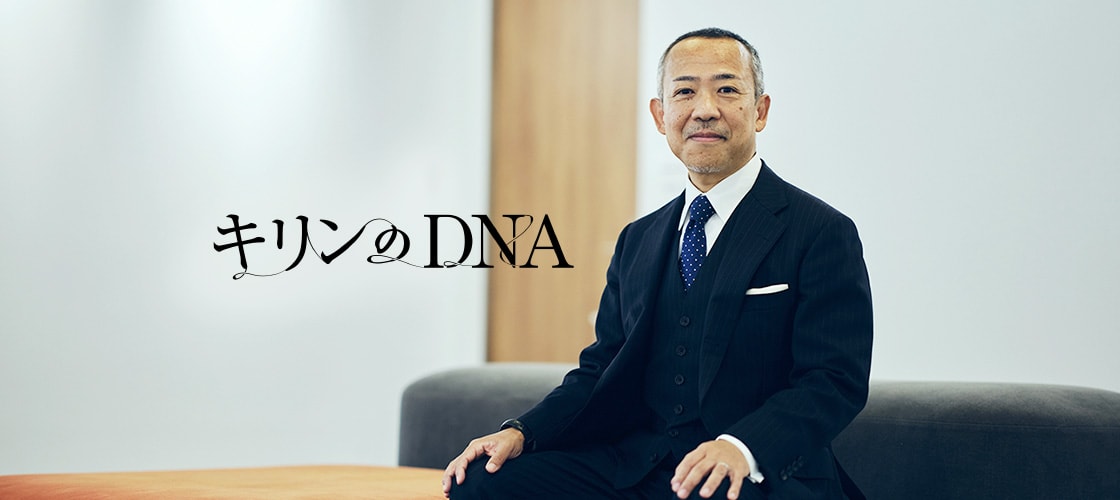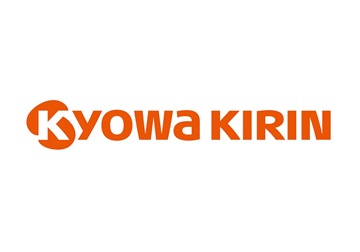What we want to create is not success, but a culture that continues to produce success. Innovation in the pharmaceutical business born of passion and convictionTomohiro Sudo / Chief International Business Officer (CIBO), Managing Executive Officer, Kyowa Kirin Co., Ltd.
"Kirin's DNA," a project that looks back on the footsteps of longtime employees of the Kirin Group and explores their beliefs as workers.
We spoke with Tomohiro Sudo, currently Managing Executive Officer CIBO at Kyowa Kirin Co., Ltd. Since joining the company in 1993, Sudo has worked side by side with the growth of Kirin's pharmaceutical business, leading the development and global expansion of drugs for rare diseases.
He has been taking challenges in areas that no one else has touched. He smiles pleasantly and says, "All I see is the future potential that we have now." His beliefs and actions incorporated a message for the next generation.
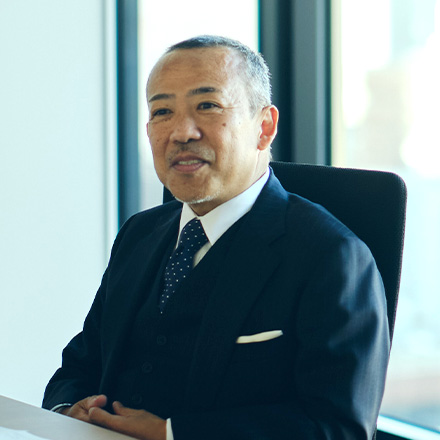
Tomohiro Sudo
Managing Executive Officer, CIBO, Kyowa Kirin Co., Ltd.
In April 1993, he joined Kirin Brewery Company, Limited, where he was in charge of pharmaceutical development in the Pharmaceutical Business Division. He was stationed in the U.S. for about 8.5 years from 2001, where he established Kirin's first pharmaceutical development function; he was assigned to Kirin Pharma Co., Ltd. in 2007, and Product Strategy Department, Kyowa Hakko Kirin Co., Ltd. in 2008 (renamed "Kyowa Kirin Company, Limited" as of July 1, 2019). He was stationed in the U.K. for 4 years from 2016 to promote overseas business development of global products, and will serve as Managing Executive Officer, Chief International Business Officer (CIBO) of the company from March 2025.
A place that promised taking on new challenges
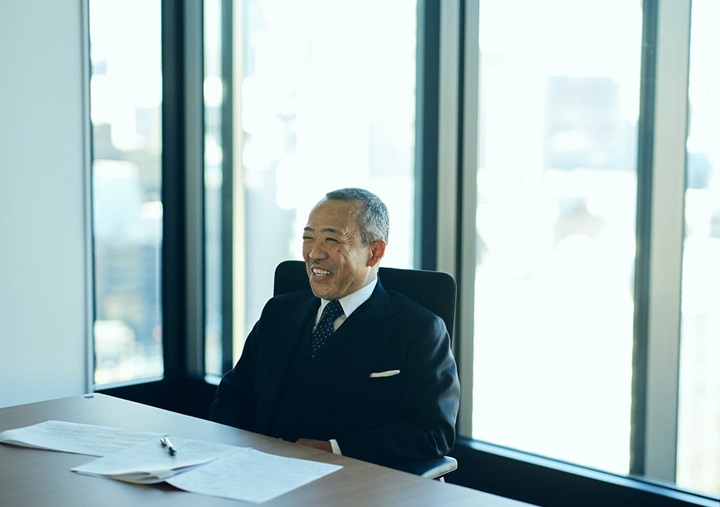
My father, a carpenter craftsman, advised me to "have a job in hand," and so I went to university to study pharmacy. However, I felt that the atmosphere of the pharmaceutical industry, which I felt was a bit closed, might not be a good fit for me. At the same time, I felt as if I could see through the rails of my life: "enter university without taking a gap year, finish my senior year, go on to graduate school, join a pharmaceutical company, get married, have a growing family..." It was not that the path was good or bad, but the rails that were laid out seemed tight to me.
I thought I needed to change direction in order to leave the rails. In my junior year of college, I decided to take a year off to study abroad in the United States. Although people around me tried to stop me, my father gave me the push I needed. It was a fortuitous coincidence that my study abroad destination was San Diego, where I was later transferred to.
I did not choose a so-called pharmaceutical company in my job search, and decided to join Kirin Brewery because I was looking for a place where I could challenge myself more freely. At the time, Kirin was just starting to enter a new area, the pharmaceutical business. I had a very strong sense of expectation that there would be opportunities for young people to take on challenges. Of course, there was the risk of having no future if the pharmaceutical business failed at Kirin, but I decided to take a chance.

After joining the company, I was assigned to the Pharmaceutical Business Division, which was exactly the environment I had hoped for; it was an organization of about 300 people, but the momentum was incredible. Everyone was passionate about genuinely finding and delivering the value of medicines. We were not only Kirin personnel, but also people who had worked for various companies, and we worked together, bouncing ideas off each other and sometimes fighting with each other.
My experience in the pharmaceutical business at that time still lives on in my mind. The vibrant company of that time has become a model in my mind. Everyone brings out their inner passions... Many of the activities that are motivated by that "passion" turn out to be a disappointment. But I think that's okay. Through such passion and many meaningful failures, a pharmaceutical business was ultimately established almost from scratch, based on the science and technology that Kirin had.
This image has been the starting point for our subsequent global expansion. After all, we believe that innovation is born from such a lively environment.
Belief in drugs that "restore the natural state of human beings"
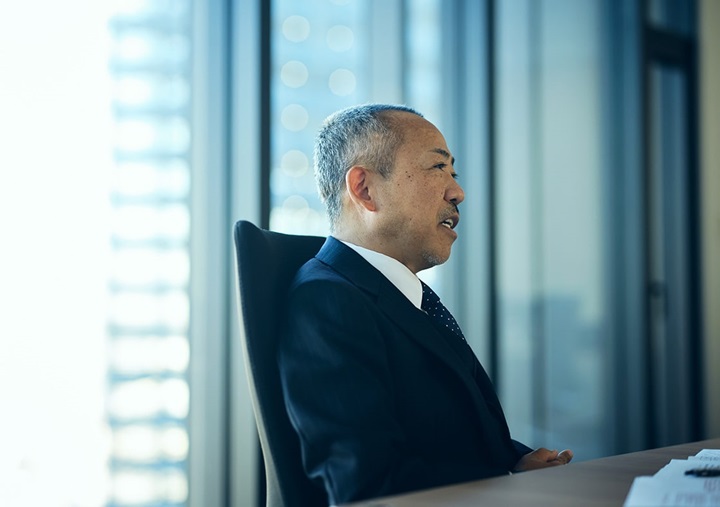
I have been in charge of development in an area that has not received a great deal of attention for a long time since I joined the company, but I did not dislike that at all. In fact, I loved my development work so much that I wanted to continue doing development until the end of my career.
It was during this time that I came across the development of a therapeutic drug for a rare disease. Simply put, it is a disease in which a certain hormone cannot be controlled properly and the level of phosphorus in the blood becomes abnormally low, preventing normal bone formation.
The number of patients with this disease is small, and many questioned the marketability of a therapeutic drug even if it were created. Even after consulting with top consultants, there was no argument anywhere for proceeding with development, saying that "there was no marketability, no need, and no way to get a reasonable drug price (the official price for hospital drugs)." Some physicians also suggested that it would be better to prescribe existing drugs, which was not at all positive.
But I had a belief that I could not compromise. The mechanisms in the human body that are supposed to be functioning properly are being deranged by this disease. Even though there is a prescription for an existing drug, one still needs to take a large dose of it every day, and that too is quickly expelled from the body. That is not the natural state of the human body. What we should be aiming for, he said, would be to return the body's internal mechanisms to their natural state.
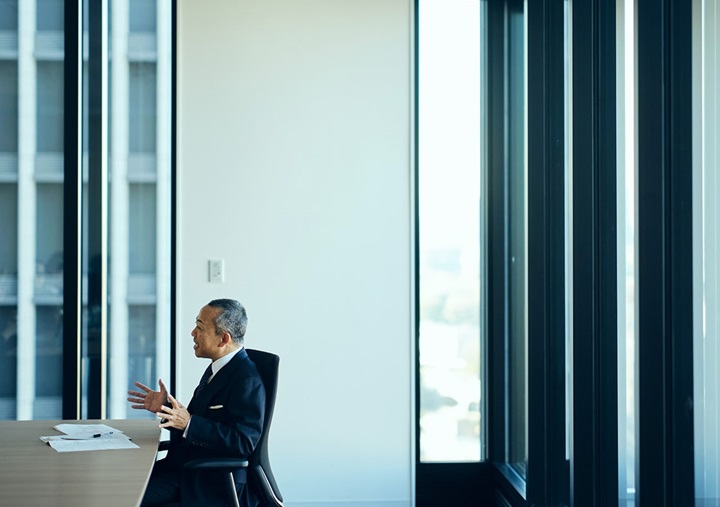
This idea actually overlaps with the essence of Kirin's drug development. Instead of daily medication, a treatment once every two weeks or once a month can keep the body in proper, near-natural condition. We wanted to realize such a treatment method.
The road to development was really tough, and once our clinical trial application to the U.S. Food and Drug Administration (FDA) was rejected, we had to seek a new approach. It was then that I met a leader of a rare disease patient group (a patient), which turned out to be a great turning point. We spent about four hours in the apartment where she lived, talking about everything, including the risks of the drugs being developed. Then she said, "The current treatment is really hard. It would be wonderful to have such a dream drug," and she cooperated with us. Those words gave us a strong push.
Subsequent clinical trials revealed more than expected. Not only is phosphorus maintained normally, but bone condition improves, histologically bone structure changes, and quality of life improves. We saw positive changes in multiple directions. The results shown by the data proved that our hypothesis was correct. As a result, the drug was approved in 2018 and now contributes to treatment in more than 50 countries worldwide.
At no other moment did I realize more keenly the importance of listening to the patient's voice directly than at this time. If we only listen to the voices we hear through physicians, we will inevitably have biases. We, the pharmaceutical companies, also have our own biases. We need to listen to the patient's voice with a clear understanding of this bias. This experience still leads us to our idea of "patient centricity," and I also believe that we must continue to convey the meaning of this concept.
More than reflection or planning, we need to take on challenges with a focus on the future.

I know that reflection and planning are important, but when I was younger, I once directly told one of my supervisors, "Don't say reflect, reflect." I thought that if we encouraged too much reflection, people would feel insecure about what they were seeing and would not be able to challenge themselves. If you try to do something new, you will most likely fail. There are supposed to be bad failures and great failures, but I don't want them to be put away in a blanket statement, "You failed, so you should reflect on it."
Actually, I have the same discomfort with the word "plan." For example, if we deviate from the plan, we are asked to "reflect," right? However, from my point of view, a plan is only an expectation at that point in time, and I would rather do things that exceed the plan, depending on the ever-changing environment, and I want them to be done. If we try to exceed and push ourselves too hard, we may even fall behind the plan depending on circumstances. I don't think it would be essential if we stopped taking on challenges in order to strictly meet the plan. I want to be more flexible, greedy, and dynamic toward the original goal.
It is not that simple: success makes it better, failure makes it bad, and being late to the plan is not good. Some things may succeed and go bad, and some things may fail once but if they have potential, they will surely bloom. I am only looking at the future potential we have now.
Innovation is born out of enthusiasm when exchanging different ideas.
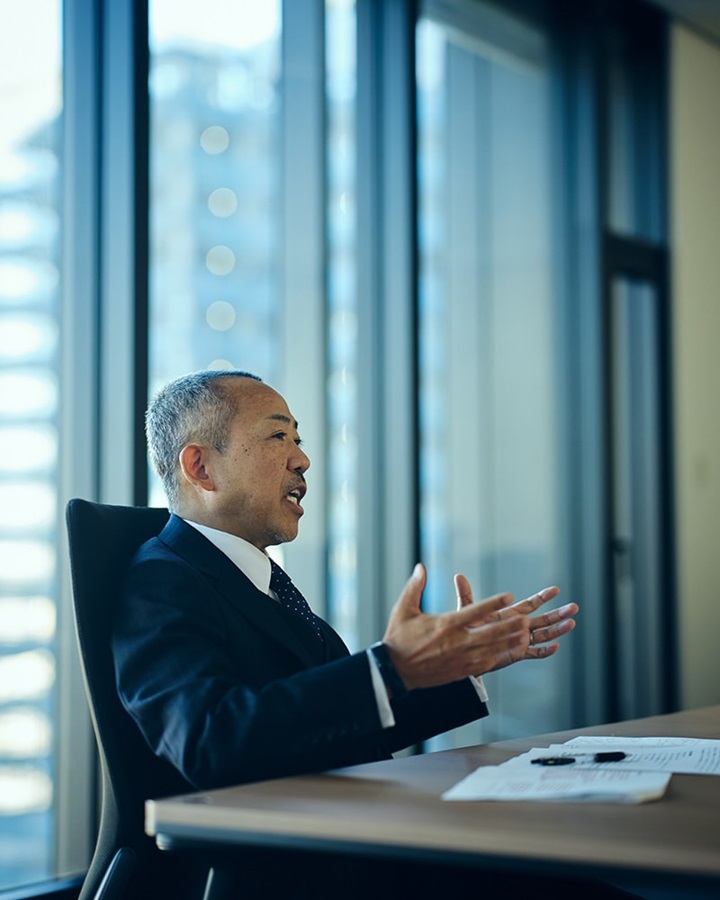
What I have learned during my 13.5 years of experience abroad is the resolve that "differences are natural, and it would be strange if there were no differences." There are different languages, different cultures, and an order of magnitude greater diversity. I faced many barriers and it was more difficult than I had imagined, but I had to acknowledge our differences and talk to people in a respectful and frank manner. It takes time. So we have to be patient and boldly put our own personalities and abilities to the test as well.
I always want everyone to live their lives making the most of their abilities to the fullest. In reality, however, many people are avoiding risk or running away from anxiety, and thereby blocking their own abilities. They have the ability, but they miss the opportunity to demonstrate it. Especially these days, I feel that there is too much emphasis on being completely united. Everyone actually has the ability to break out of the fetters and frameworks, and they know they should do so. At Kyowa Kirin, I know we can do it. Because I know that the enthusiasm I felt when I first joined the company still flows at its core.
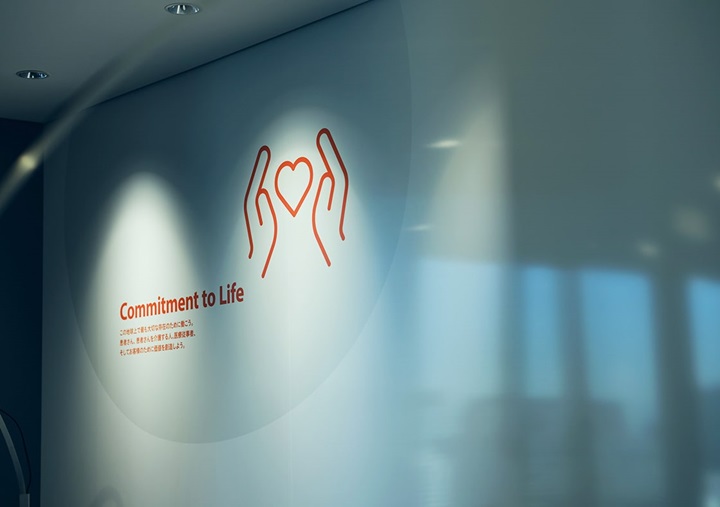
At Kyowa Kirin, we have a set of principles that we hold very dearly. These are the "KABEGOE Principles," which are the philosophy and attitude on which each and every Kyowa Kirin employee around the world bases his or her actions.
These principles are based on "Our Aspirations," which more than 800 employees discussed and created together prior to the establishment of Kyowa Kirin in October 2008. We have been and always will be unique, passionate employees of Kyowa Kirin. And we will continue to contribute to the smiles of patients by creating and providing Life-changing Value around the world. The "KABEGOE Principles" inspire such thoughts.
One of the phrases in "Our Aspirations" is "We have a history that can be found nowhere else, technology that can be copied nowhere else, and outstanding human resources that are second to none." These words are not an exaggeration, and I believe they come from many of our employees who have experienced this firsthand.
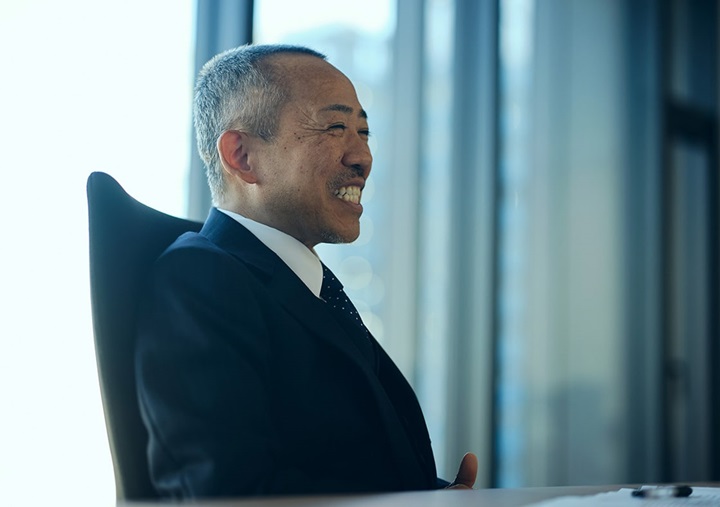
Innovation never comes from pretty words. We must be willing to confront each other's differing ideas and not be afraid to clash at times. New value is born from such open discussions that transcend national and cultural boundaries and explode with uncontrollable impulses. This is the kind of atmosphere filled with enthusiasm that I experienced in the early days of the pharmaceutical business. There is creativity and contribution that emerges from that atmosphere. I would like to continue running with this as a constant challenge.
Release date: April 8, 2025
Contents, affiliation, position, etc. are as of the time of publication
- Photo by Ryo Tsuchida
- Text by Kento Hasegawa
- Edited by Ai Hanazawa, RIDE Inc.


